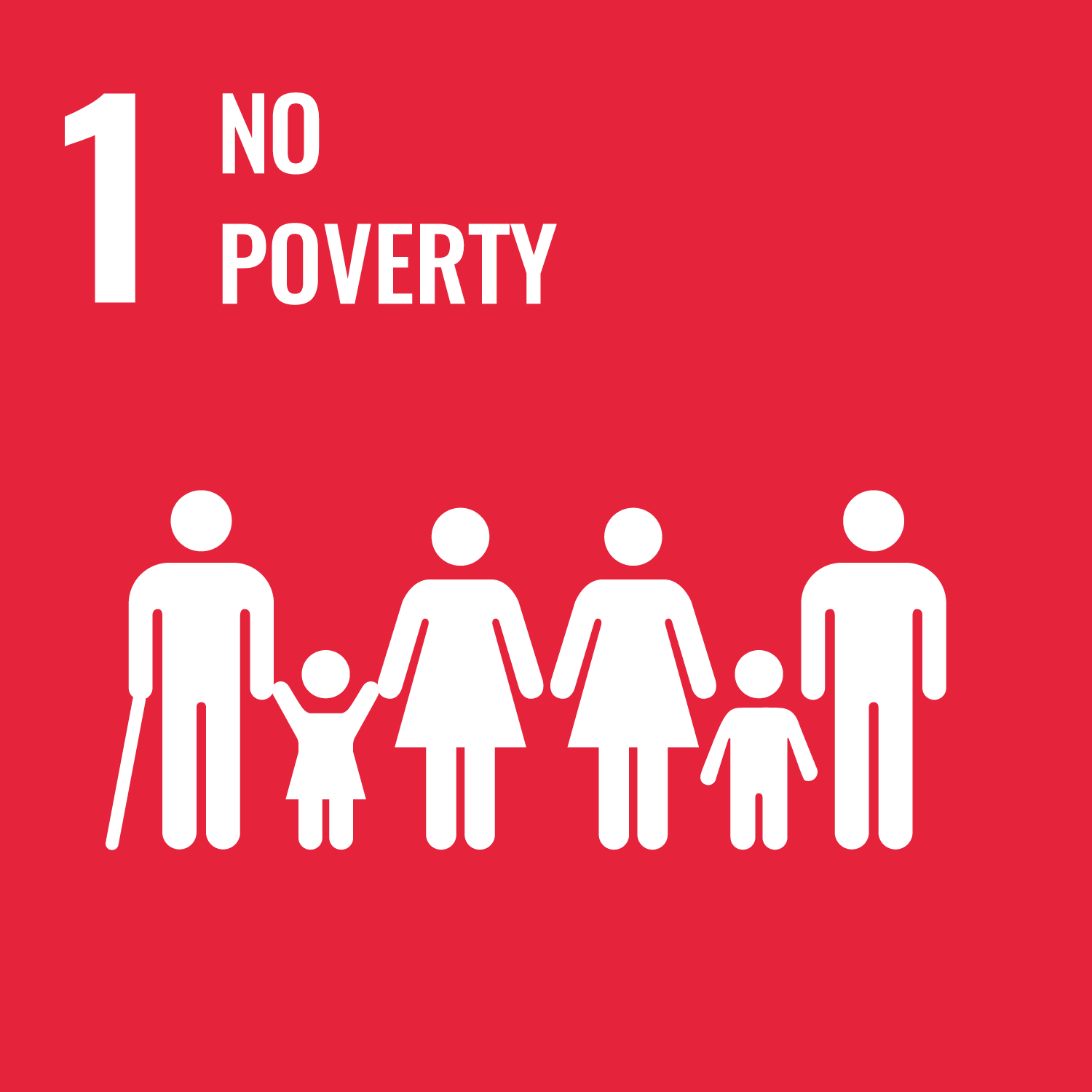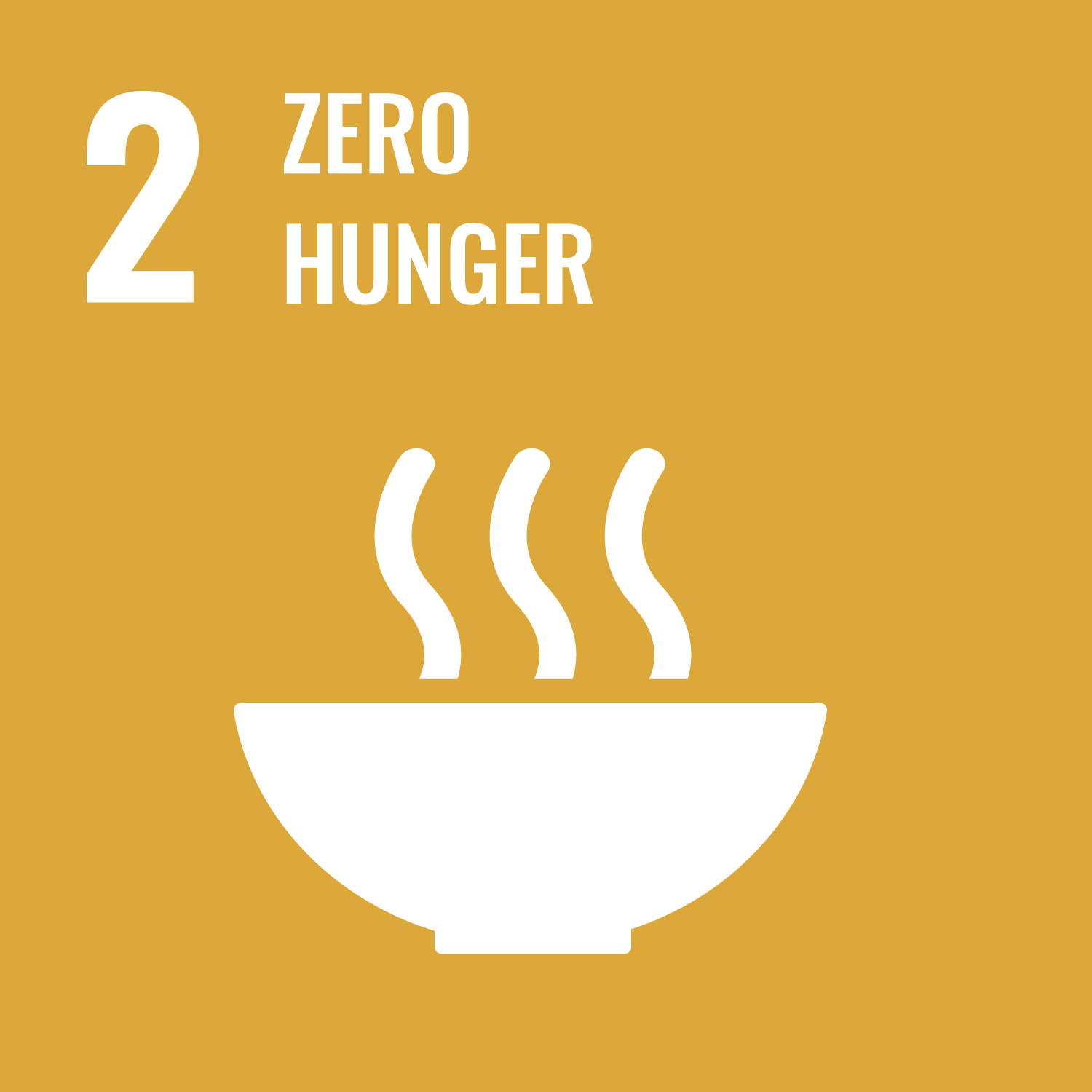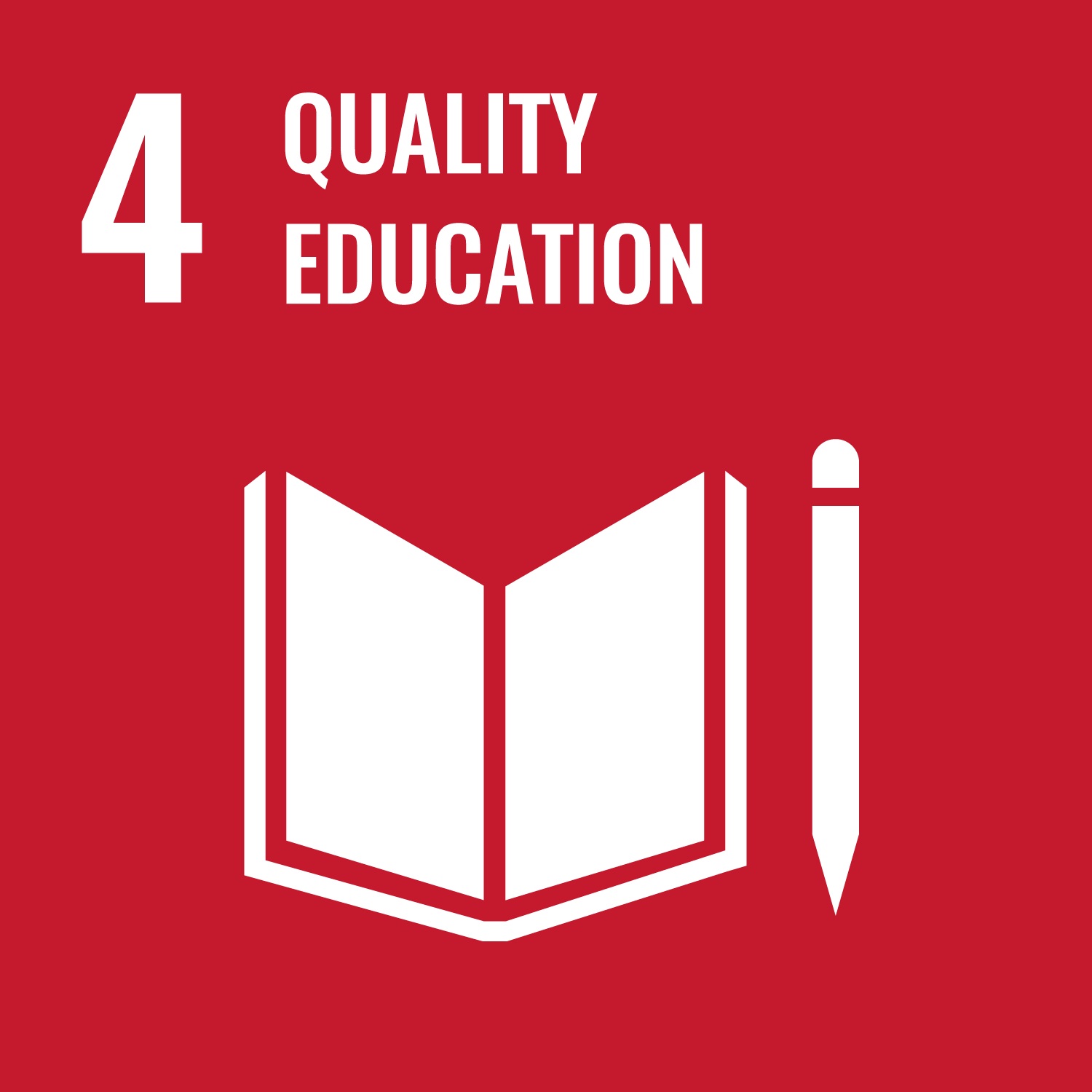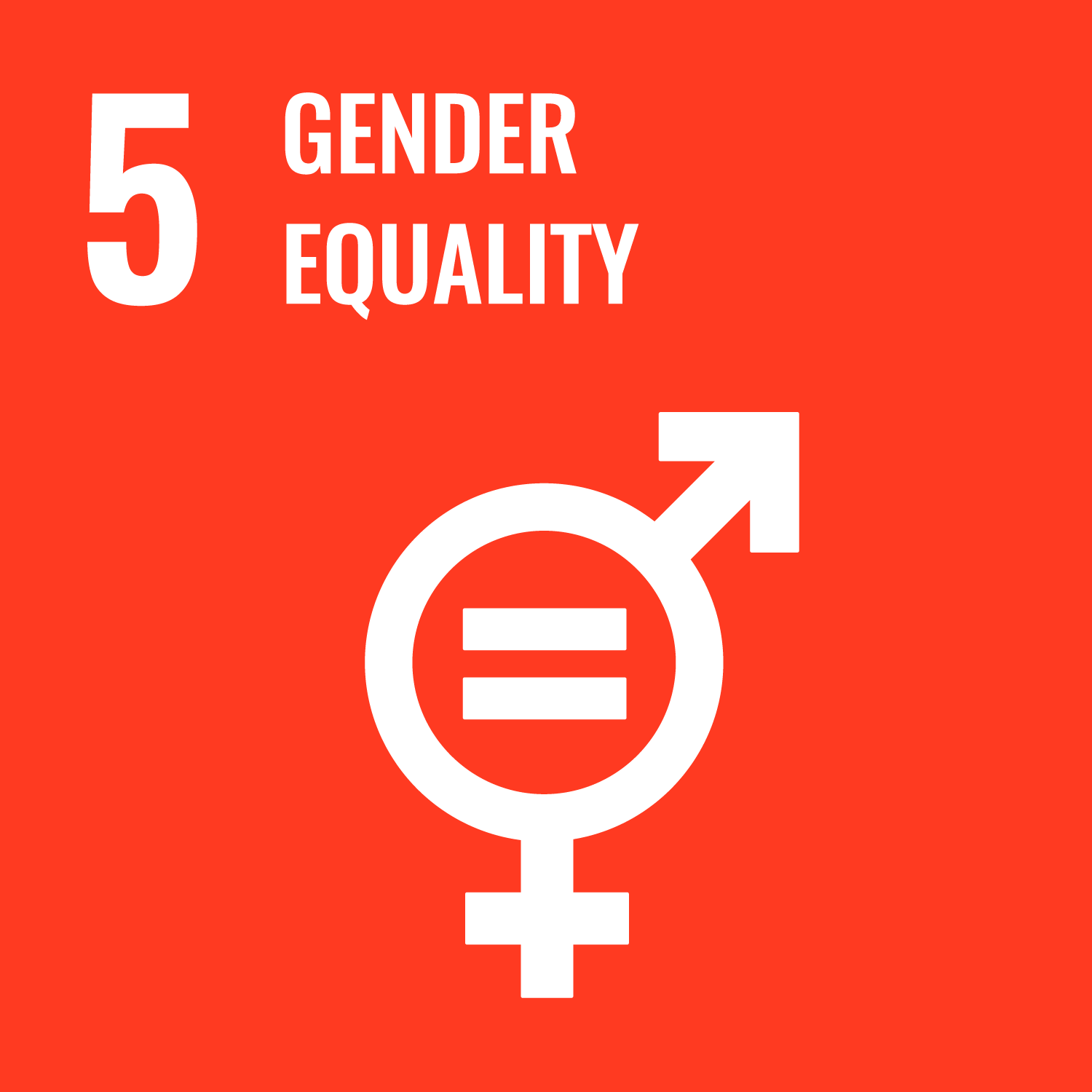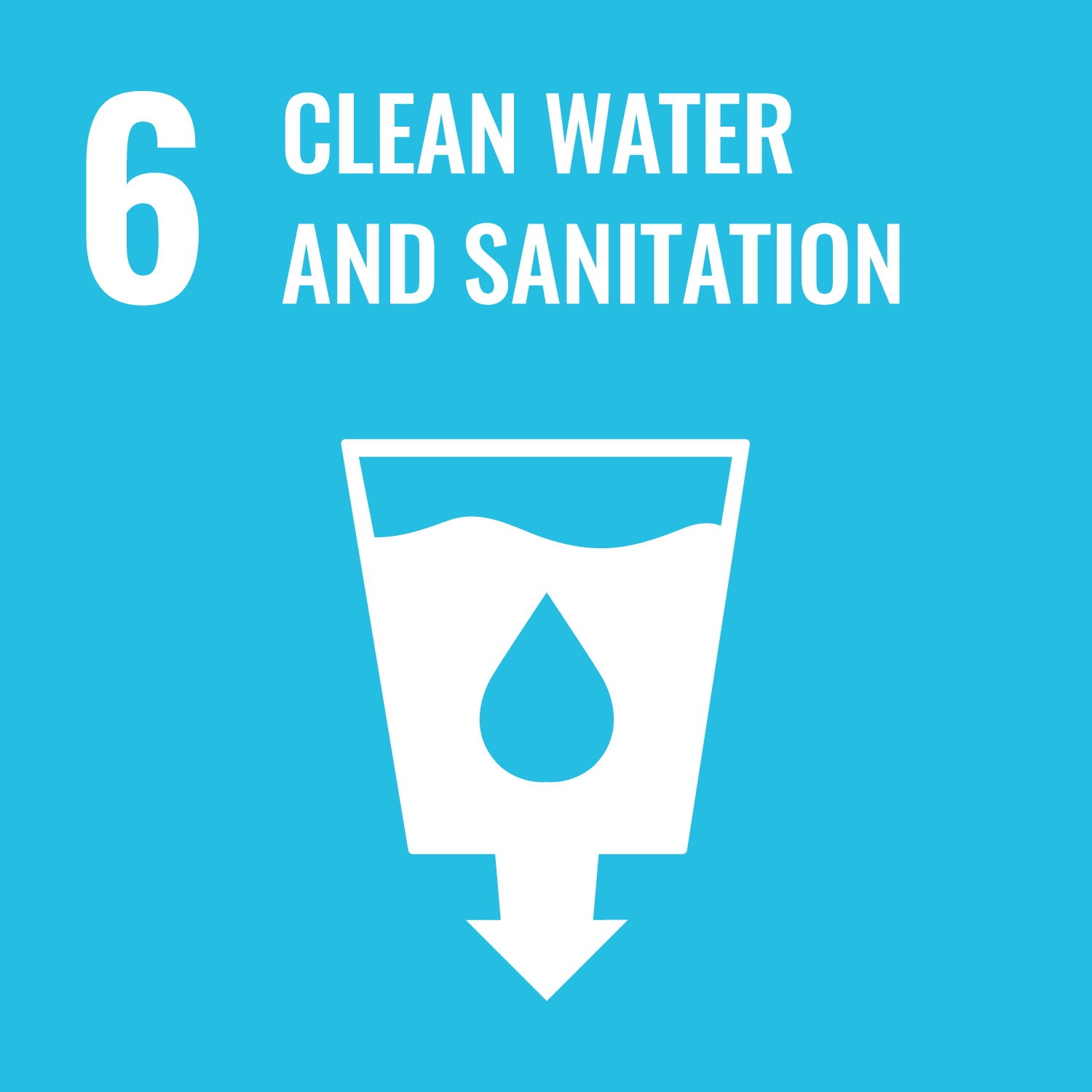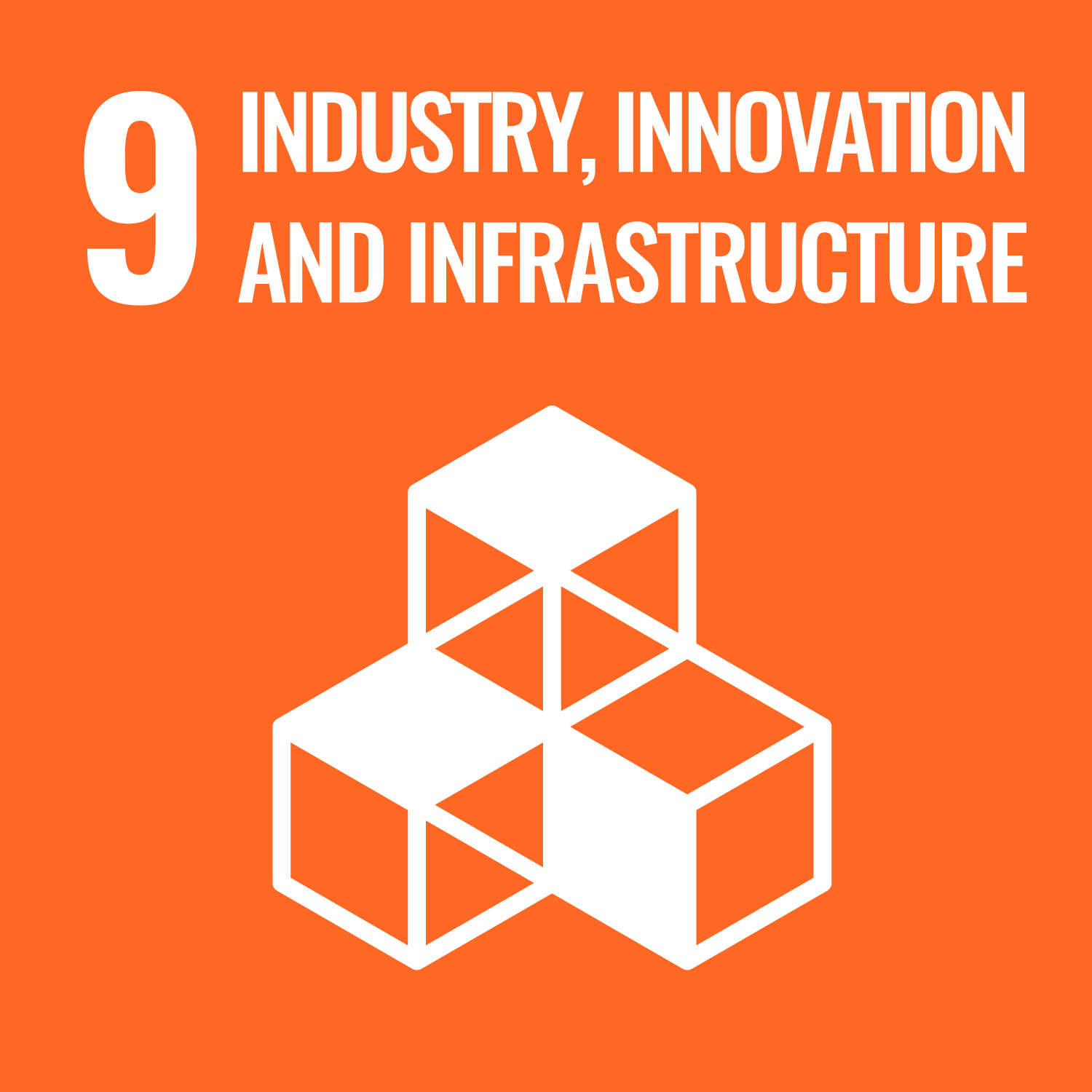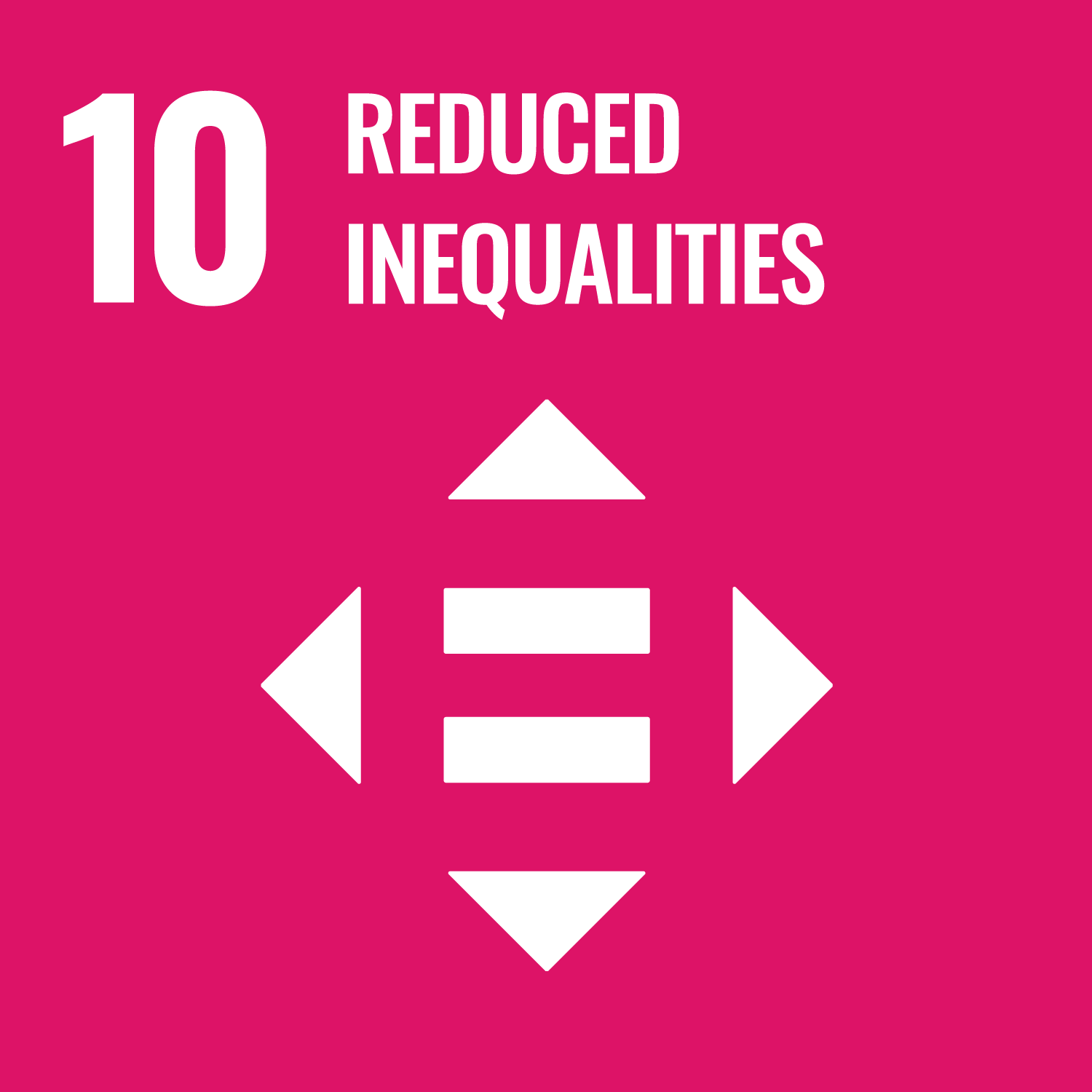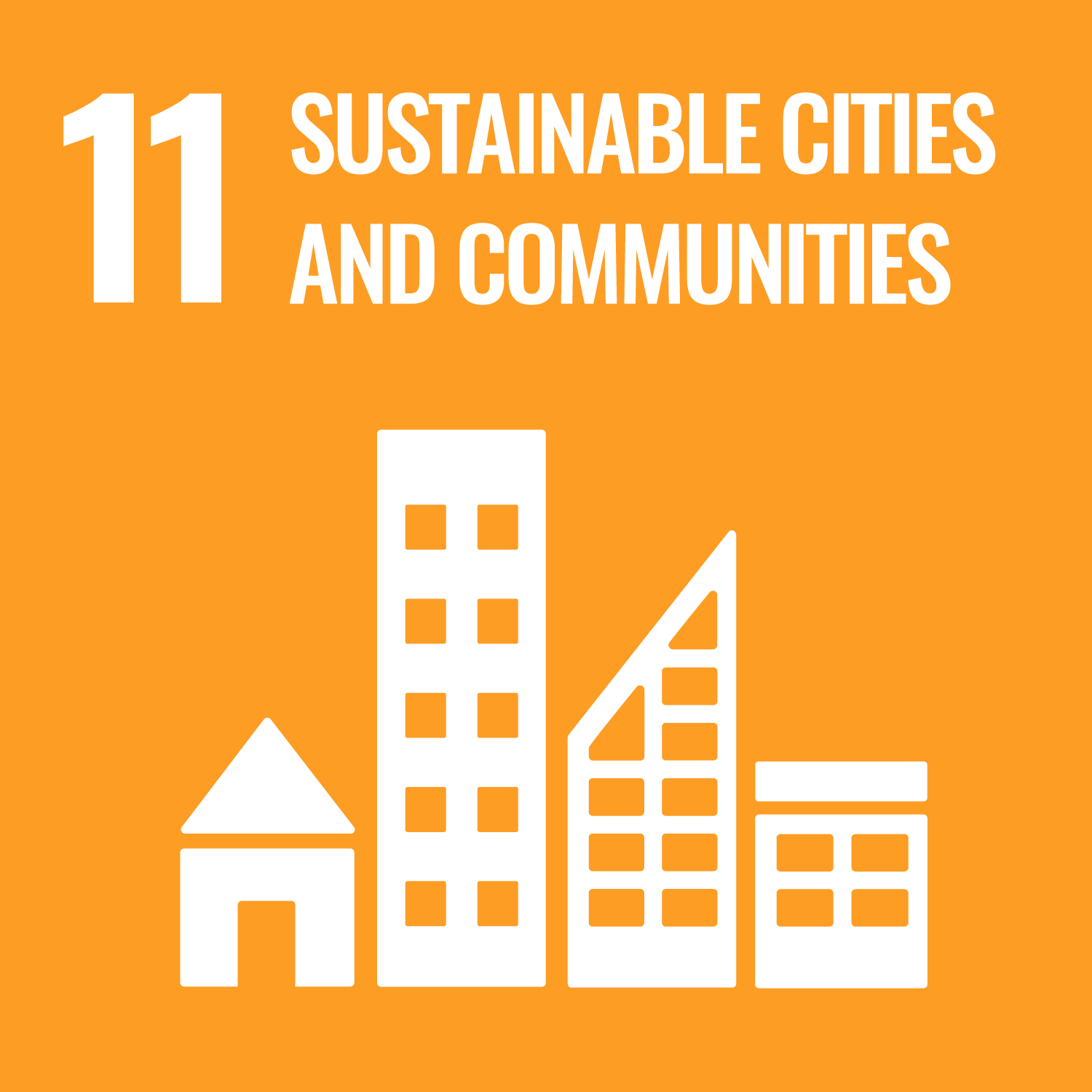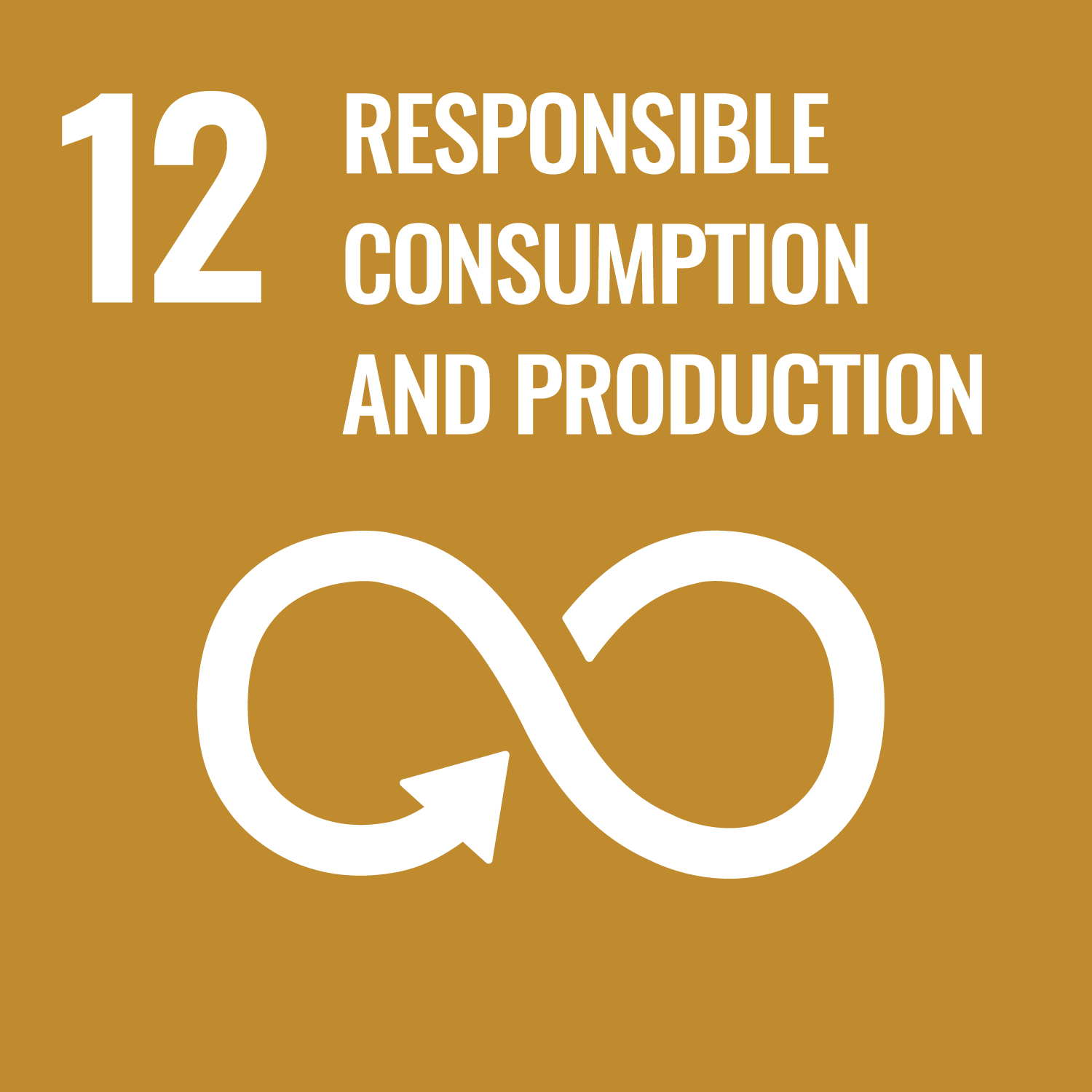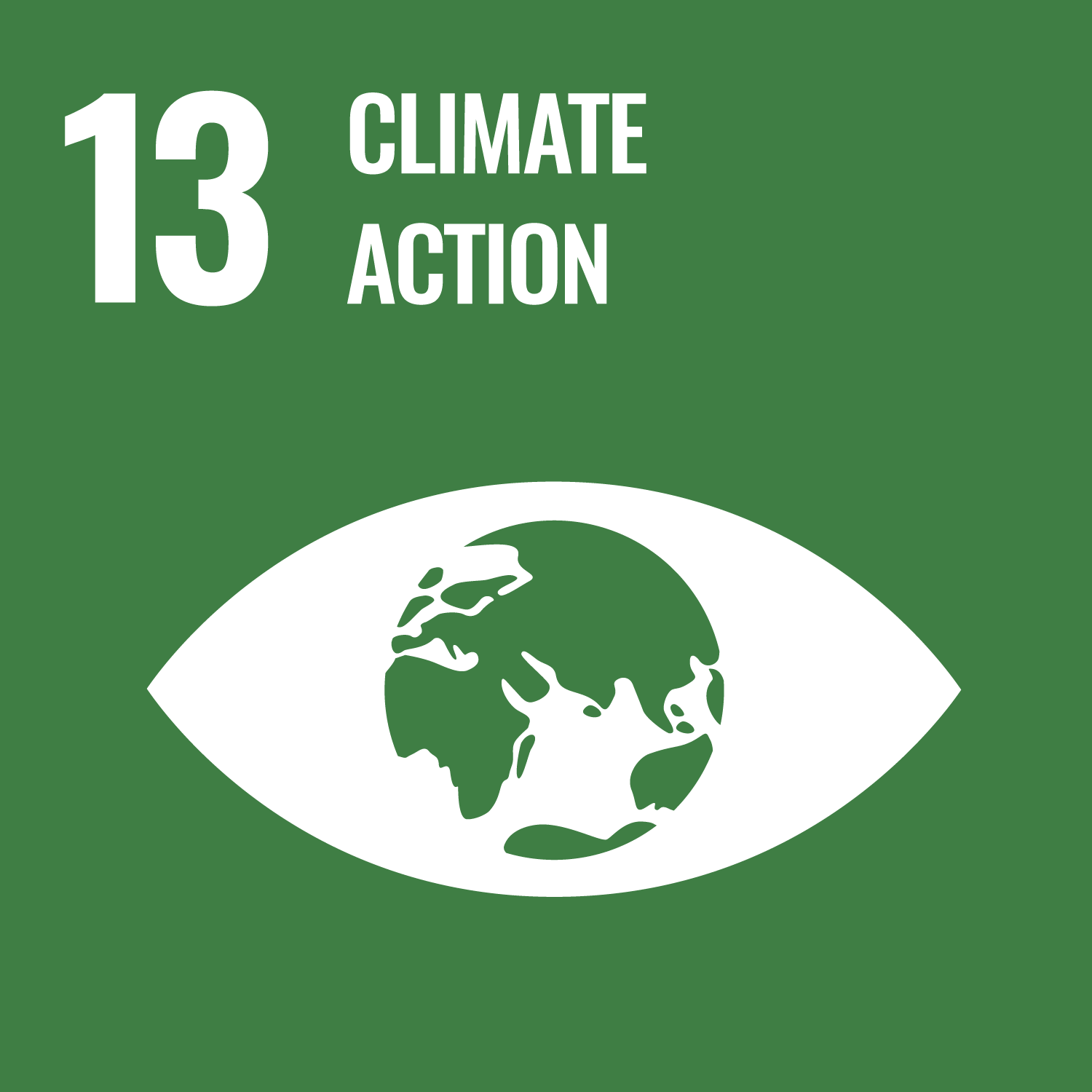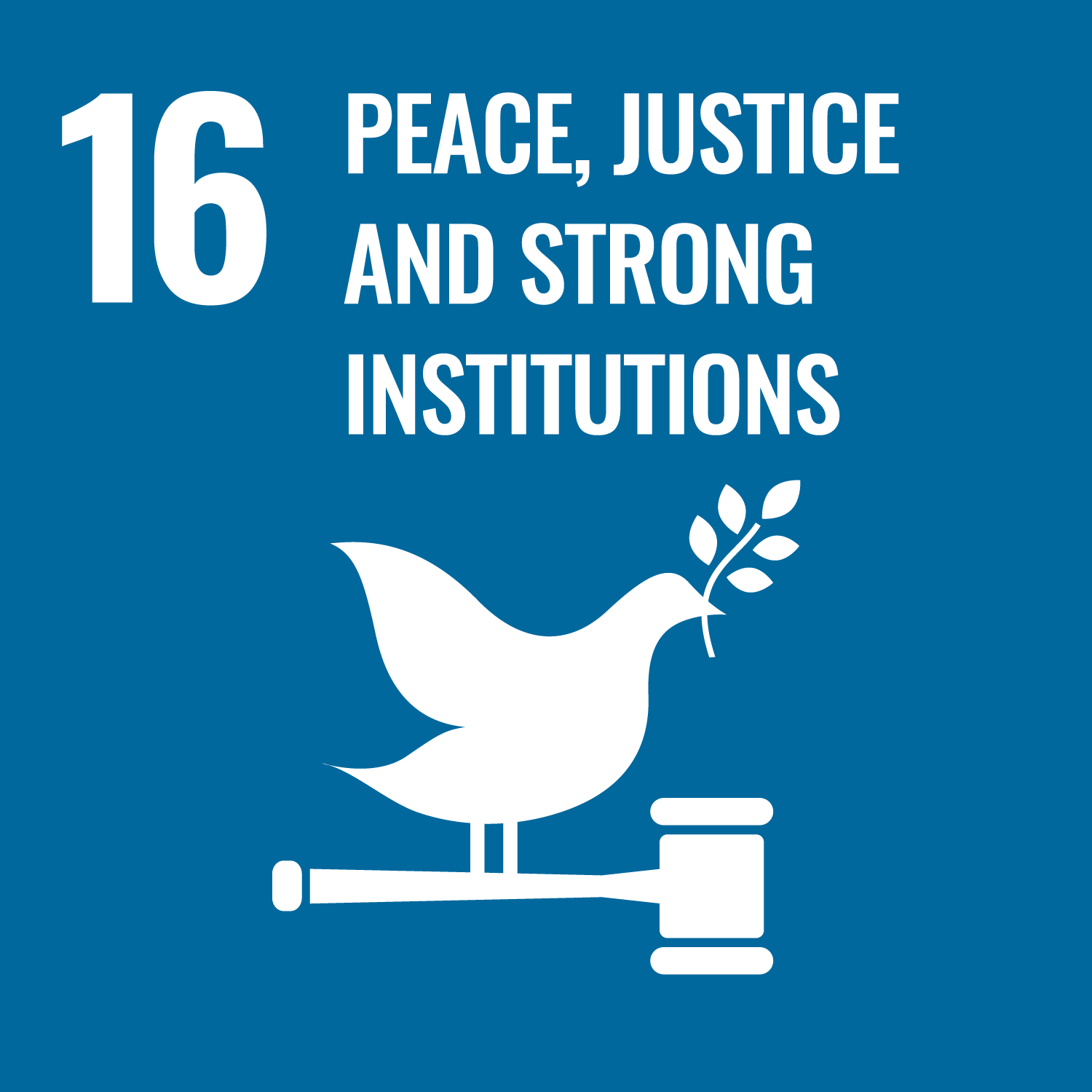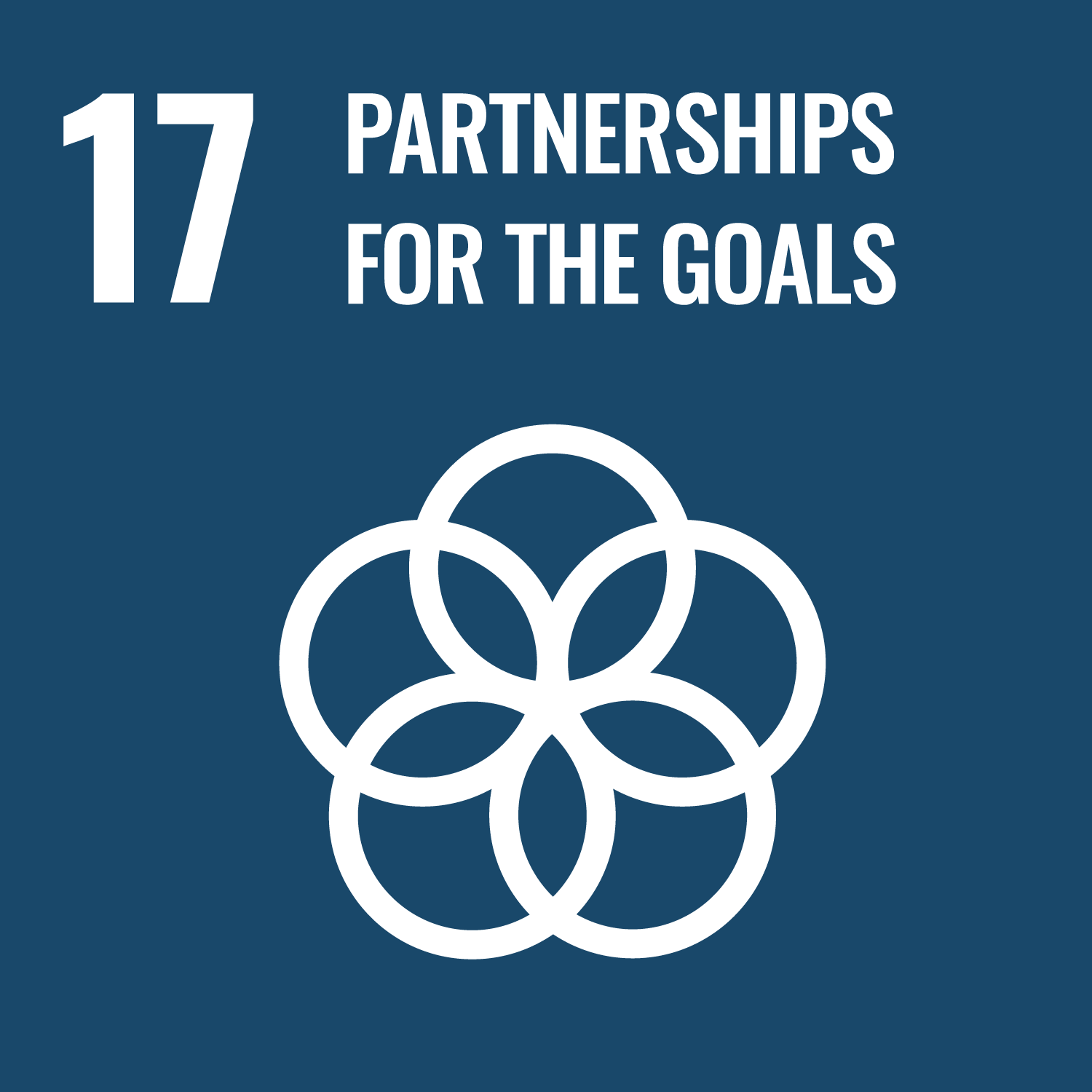Shifting sands: a paradigm change in the development discourse on women’s human rights and empowerment
International human rights declarations, conventions and protocols such as the Universal Declaration of Human Rights (UDHR) and the Convention on the Elimination of All Forms of Discrimination against Women (CEDAW), are universally recognised as constituting the basis for demanding and achieving gender equality. They ‘set a vision of a world where there is justice’ (Cornwall 2015) and today it is widely acknowledged that the normative approach to development should be rights based, even if it’s not the norm in practice. This discord is particularly evident in the women’s rights development discourse. Securing women’s empowerment has increasingly been dominating the international development agenda, but many consider the model being disseminated as de-radicalised, removed from its feminist activist roots and pursuing an apolitical ideology (Cornwall and Molyneux 2006). This in turn promotes and supports a very narrow definition of empowerment; one that does not seek wholesale substantive and transformative change for women and society, but seems to be content to work within and even embrace the existing socio-economic framework.
| Item Type | Book Section |
|---|---|
| Additional Information | To celebrate the 20th anniversary of the MA in Understanding and Securing Human Rights offered at the School of Advanced Study, University of London, we are pleased to publish a commemorative edited volume on human rights themes authored by distinguished alumni and faculty. |
| Keywords | human rights, refugee protection, women’s human rights, tax justice, business and human rights, poetry, rights in the digital age |
| Subjects | Human Rights & Development Studies |
| Divisions |
Human Rights Consortium Institute of Commonwealth Studies |
| Date Deposited | 27 Jan 2016 10:55 |
| Last Modified | 06 Aug 2024 04:33 |
